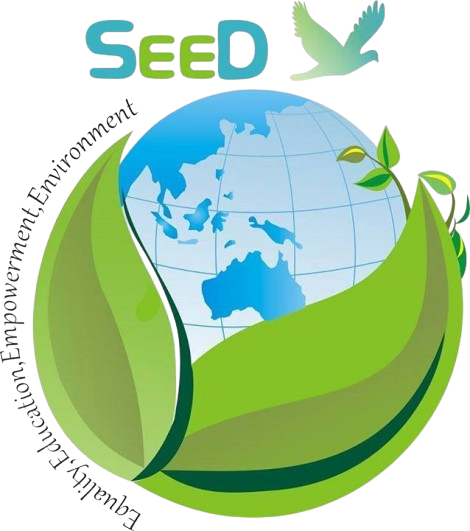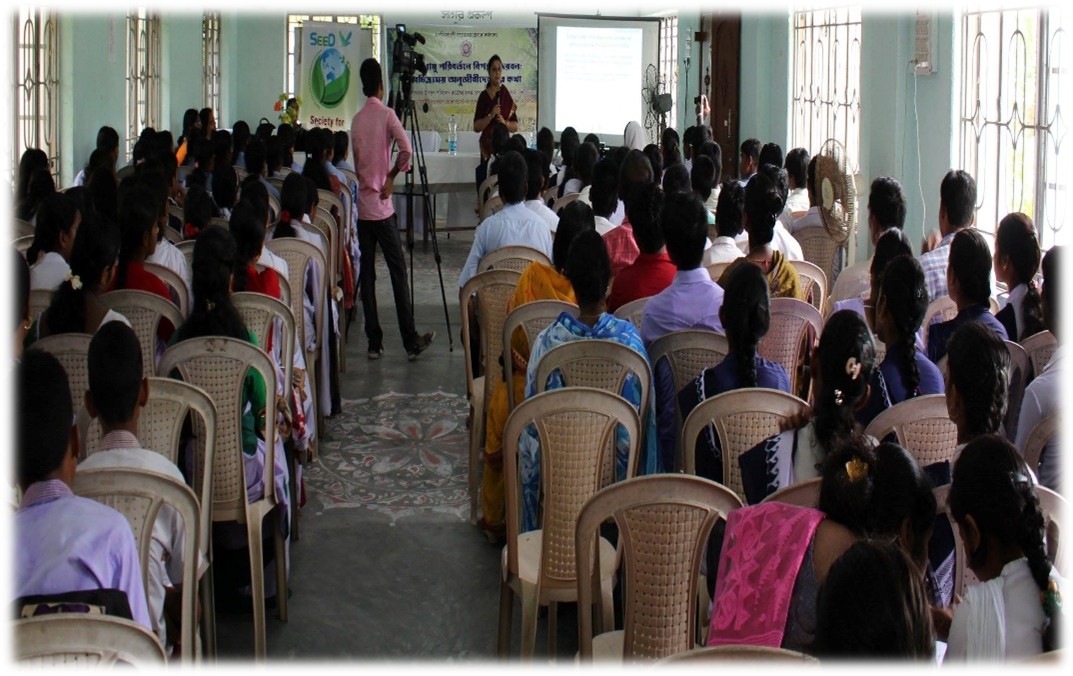






The Climate Justice Network for Sundarbans emerged from the recognition that the Sundarbans, the worlds largest delta and a UNESCO World Heritage site, faces existential threats from climate change that will impact not only its 4.5 million residents but also millions in nearby metropolitan areas including Kolkata. Since its initiation in 2014 through the establishment of the "Peoples Alliance for Climate Justice Network in Sundarban," the program has evolved into a comprehensive platform that addresses the ethical dimensions of climate change where the least responsible populations suffer the most severe consequences. The initiative operates on the understanding that climate change has already claimed two entire islands - Supari Bhanga and Lohachara - which have been completely submerged, while Ghoramara Island has lost over 60% of its landmass to erosion. These environmental refugees, now working as landless laborers on Sagar Island, represent the human face of climate injustice that drives SEEDs advocacy efforts. According to research by Jadavpur Universitys School of Oceanographic Studies in collaboration with WWF, approximately one million people in the region could become climate refugees by 2050 if current trends persist.The program takes a holistic approach by integrating scientific education, cultural expression, and community mobilization to create lasting behavioral change. Through partnerships with renowned professionals including artists like Mr. Rupchand Kundu, who serves as the Networks Convenor, and biodiversity experts like Professor Jyotiranjan Naskar, SEEDs President, the initiative bridges the gap between academic knowledge and grassroots action. The program recognizes that the destruction of Sundarbans mangrove forests not only threatens local communities but also puts Kolkata at risk of intensified storms and flooding, making climate action a matter of regional security. SEEDs self-funded approach ensures independence in advocacy while building genuine community ownership of climate solutions. The initiative emphasizes that biodiversity conservation and climate action are interconnected, with healthy ecosystems serving as natural buffers against climate impacts while supporting local livelihoods. Through school-level awareness campaigns, community gatherings, and cultural programs featuring environment-focused songs and poetry, the initiative creates multiple entry points for climate education that resonate with diverse audiences across the Sundarbans 104 islands.



Subscribe to the SEED Newsletter — and be part of the change!